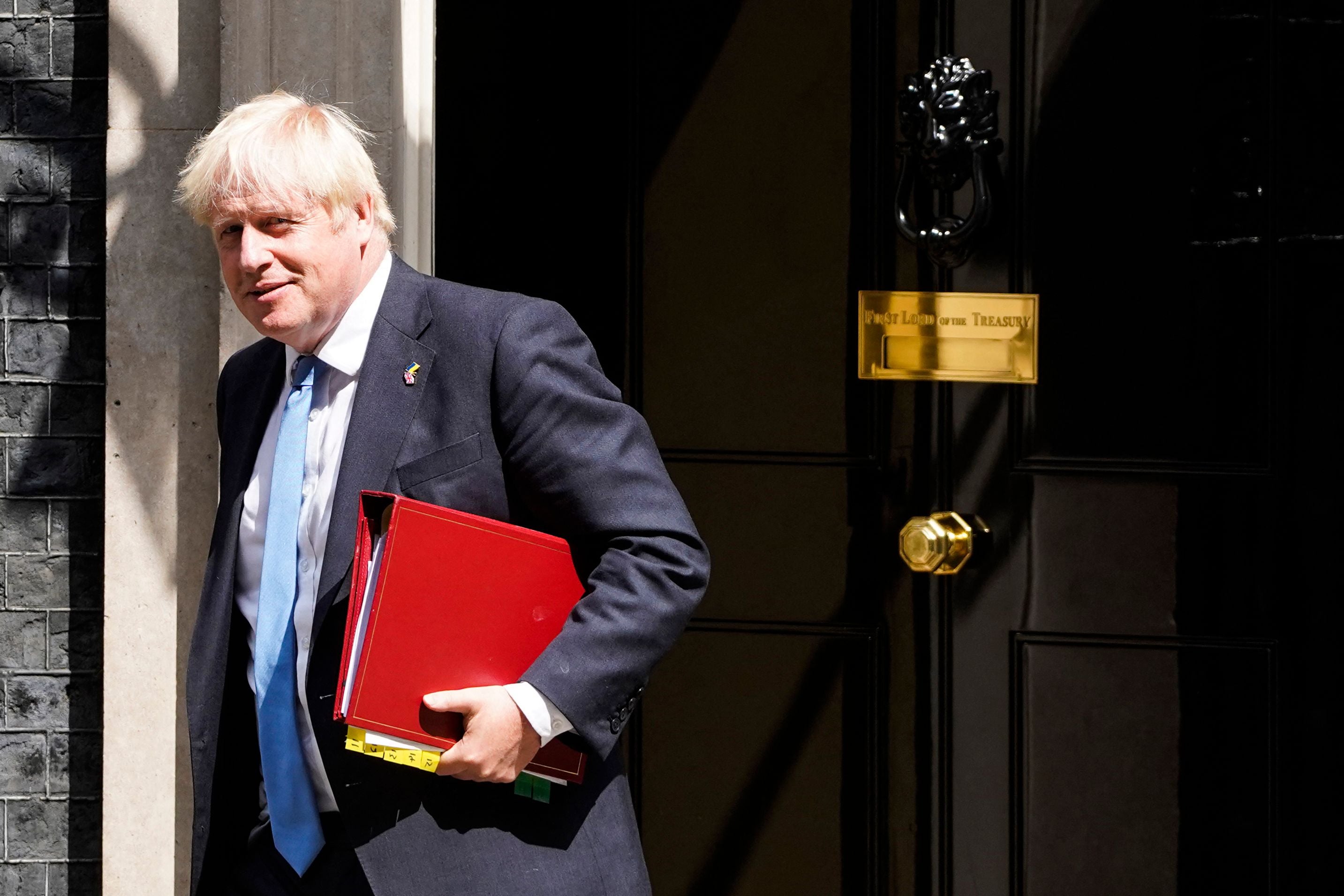Boris Johnson’s government has shown how it handles risk – the next prime minister has to do better
If the next prime minister fails to improve how we manage extreme risk, the UK will be just as unprepared for the next crisis – whether that is a heatwave or a pandemic, writes Rosa Hodgkin

The Conservative leadership contest has coincided with a record-breaking heatwave. Fires breaking out around London, a first red extreme heat warning from the The Met Office, indicating a danger to life. But even against this backdrop, the candidates have failed to seriously talk about the long-term risks facing the UK.
This is a major omission from those vying to become UK prime minister at a time when the country faces threats that are increasing in both breadth and severity – from the climate crisis and biosecurity risks to pandemics and cyber attacks.
This heatwave was not unexpected. But successive governments had still failed to prepare the UK for the impacts of climate change: our homes and train lines are unable to cope with rising temperatures. And the likely impacts of climate change are well known; it is even harder to prepare for risks that are much less certain.
Governments have struggled to focus on long-term risks – ministers and officials are often focused on short-term political priorities and can find it difficult to devote attention and resources to potential threats, seemingly preferring instead to hope they don’t materialise. When it comes to the current heatwave, governments and candidates have focused on net zero targets, but the more difficult and less politically attractive question of how to prepare for climate change has been sidelined.
Covid-19 showed the dangers of this – and that it can be much more expensive in the end. There were several problems with the way the risk of a pandemic was managed. Governments had identified them as a major threat, but focused almost entirely on flu. In 2017 the National Risk Register estimated that an emerging infectious disease pandemic, like Covid, might cause 100 deaths – orders of magnitude removed from the actual impact of the coronavirus pandemic. Research was available suggesting impacts much closer to those actually experienced, but this was not brought into a risk assessment process that has been described as overly closed.
Even when it came to a flu pandemic, some departments were not prepared – the Treasury did not have plans for economic support, and the Department for Education had not planned for school closures, even though it was clear that both might be required. The absence of the latter led to significant disruption for schools and families across the country. That these gaps didn’t come to light until the pandemic shows the failures in central coordination and external scrutiny.
A deliberate focus on efficiency had left the healthcare system with capacity below that of comparator countries on key measures, and limited ability to respond to a crisis – a problem that had again been highlighted ahead of time. It is clearly not feasible to pour resources into preparing for every potential risk the country could face in the future. But some risks – like the changing climate – are already materialising, and the investment required to be more prepared minimal compared to the potential cost of doing nothing – the Climate Change Committee (CCC) reported that some adaptation measures had cost-benefit ratios as high as 10-1.
Boris Johnson government recognised several problems exposed by the pandemic. But a new National Resilience Strategy, promised earlier in the spring, has still not materialised and there has been little sense that risk management and resilience have been high on the agenda within government.
A new Institute for Government (IfG) report sets out where the next prime minister should focus. Johnson’s successor should adopt a modified version of the three lines of defence model common across the private sector, which separates out responsibility for risk management, oversight and audit. They should make it a central priority for the Cabinet Office, with a new cabinet committee chaired by a powerful minister. And they should look for ways to increase resilience to a broad range of risks, for example by investing in flexible capacity or negotiating procurements contracts ahead of time.
If the next government fails to improve how it manages risk, the UK will be just as unprepared for the next crisis – whether that is a heatwave or a pandemic – and will have to pay the cost yet again.
Rosa Hodgkin is a researcher at the Institute for Government think tank



Join our commenting forum
Join thought-provoking conversations, follow other Independent readers and see their replies
Comments